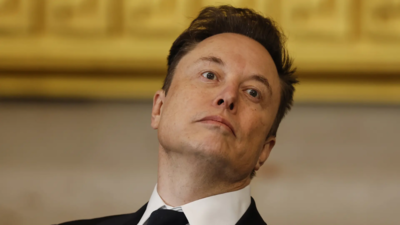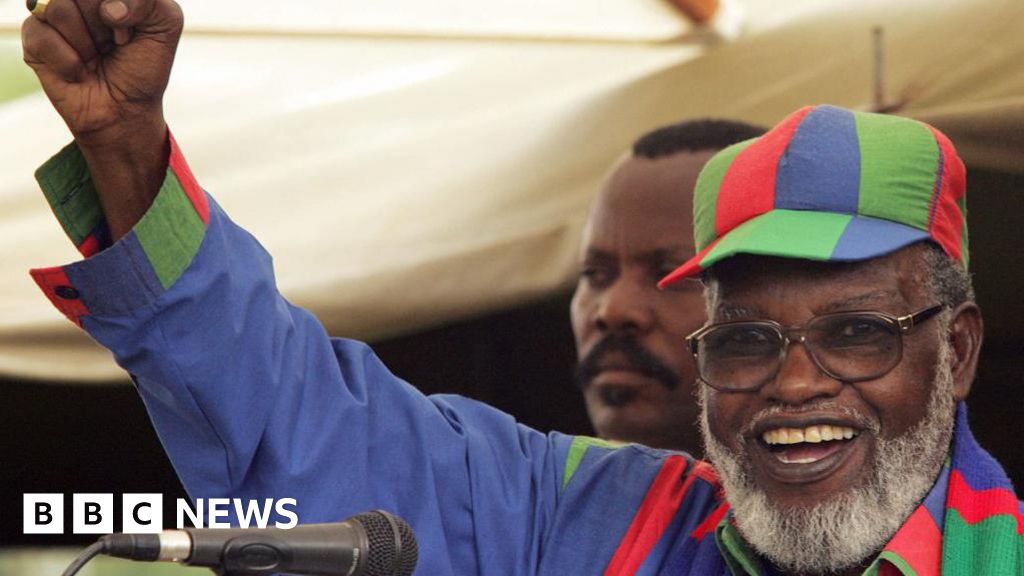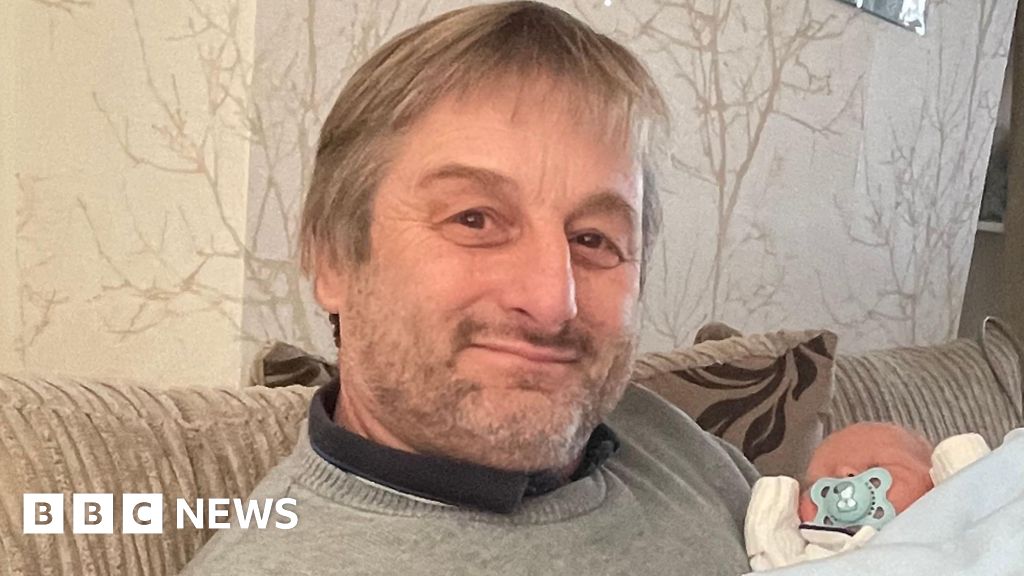
Elon Musk ignited a firestorm on social media after a federal judge issued an order temporarily blocking the
department of government efficiency
(DOGE) from accessing
sensitive treasury department data
. Musk responded with a barrage of posts on X (formerly Twitter), alleging widespread
fraud in government
entitlement payments.
The order, issued Saturday by
US district judge Paul Engelmayer
, supports a lawsuit filed by 19 Democratic state attorneys general.
They argue that granting DOGE "full access" to the Treasury's payment systems violates federal laws safeguarding sensitive data, including social security, medicare, veterans benefits, and tax refund information. A hearing on the matter is scheduled for February 20. Until then, DOGE will have limited access to treasury data.
Despite the legal setback, Musk claimed that DOGE had already uncovered significant issues within the treasury's payment systems.
"[Friday], I was told that there are currently over $100 billion per year in entitlement payments to individuals with no Social Security Number or even a temporary ID number. If accurate, this is extremely suspicious," Musk wrote. He further alleged that Treasury insiders estimated half of these payments, or roughly $50 billion annually, could be "unequivocal and obvious fraud."
Musk criticised past treasury officials for allegedly stifling efforts to investigate wasteful spending.
"Nobody in treasury management cared enough before," Musk posted. "I do want to credit the working-level people in treasury who have wanted to do this for many years but have been stopped by prior management."
According to Musk, DOGE and the treasury had agreed on measures to improve financial oversight, including the requirement that all outgoing government payments carry a payment categorization code—a key element for successful audits. He claimed that many transactions currently lack such coding, hampering audit efforts.
Musk also advocated for mandatory documentation of payment rationales in Treasury records, criticising the current practice where the comment field is often left blank.
"Importantly, we are not yet applying ANY judgment to this rationale but simply requiring that SOME attempt be made to explain the payment more than NOTHING!" he wrote.
Highlighting security concerns, Musk called for stricter enforcement of the "Do-Not-Pay" list, which is meant to block payments to fraudulent entities, deceased individuals, or those linked to terrorist organisations.
"It can currently take up to a year to get on this list, which is far too long. This list should be updated at least weekly, if not daily," Musk insisted, emphasising that these reforms are being driven by career government employees rather than DOGE staff.
Musk concluded his posts with a scathing critique of the Treasury's historical approach to financial management. "Everything at Treasury was geared towards complaint minimisation. People who receive money don't complain, but people who don't receive money (especially fraudsters) complain very loudly, so the fraud was allowed to continue."

 2 hours ago
4
2 hours ago
4









